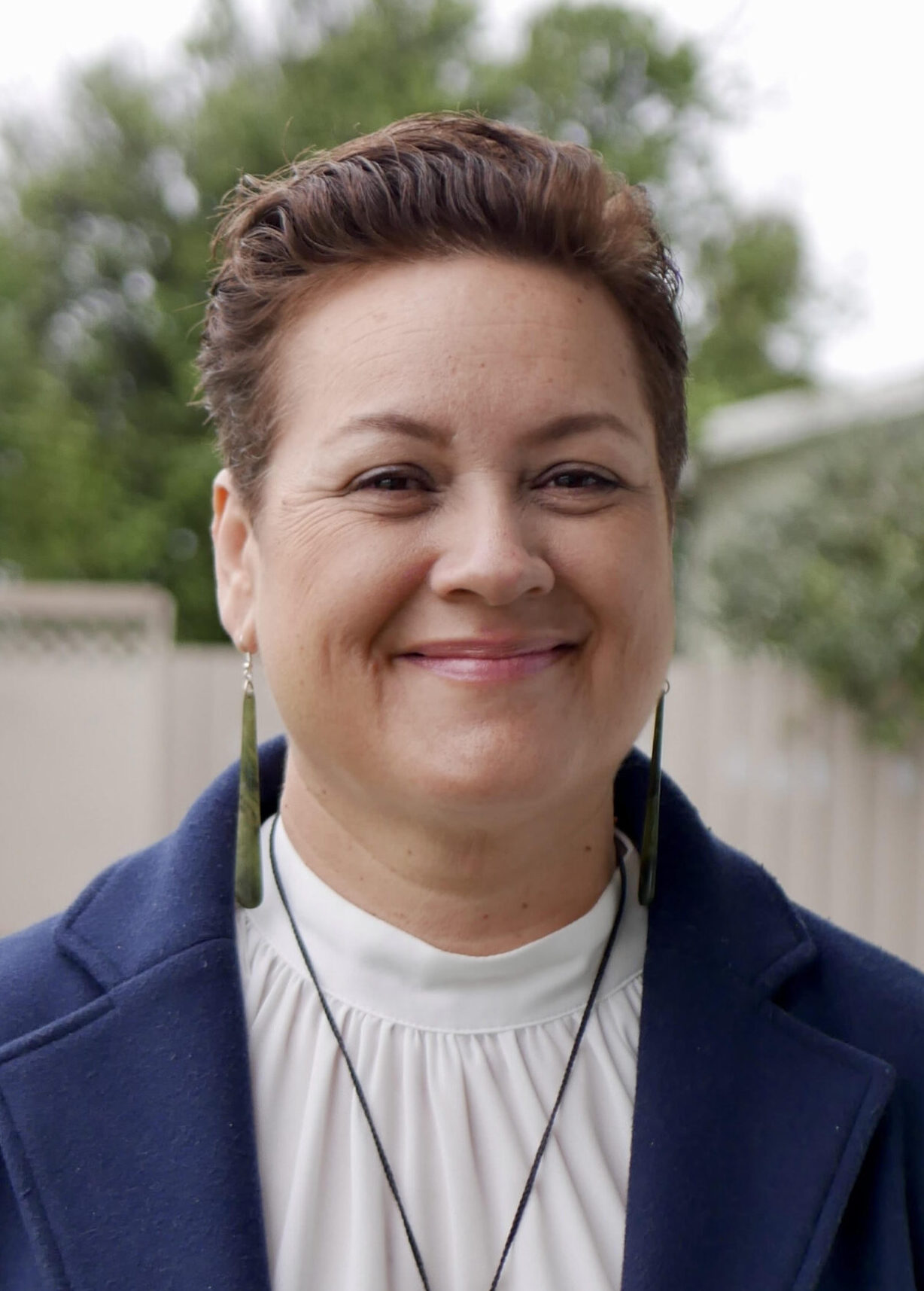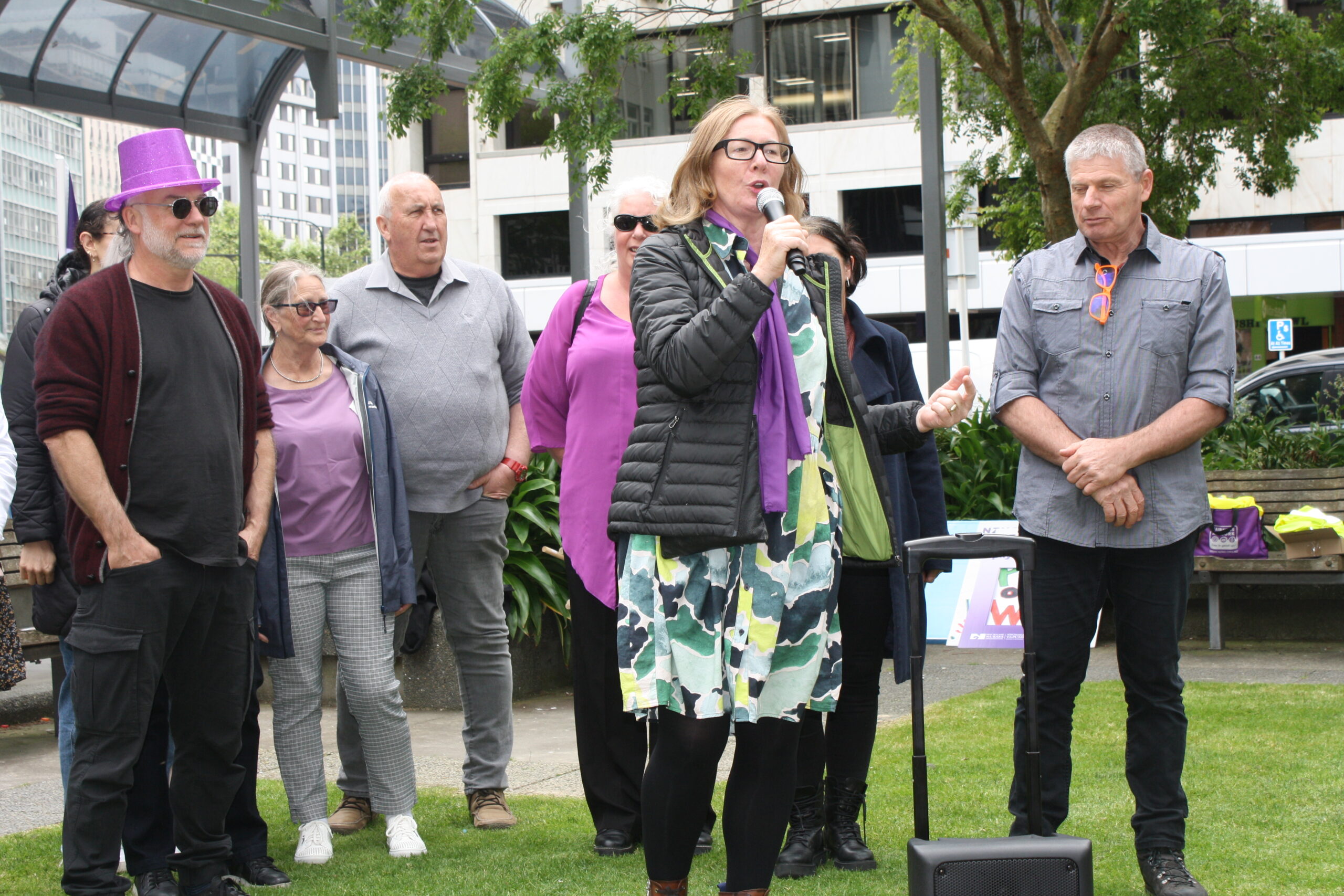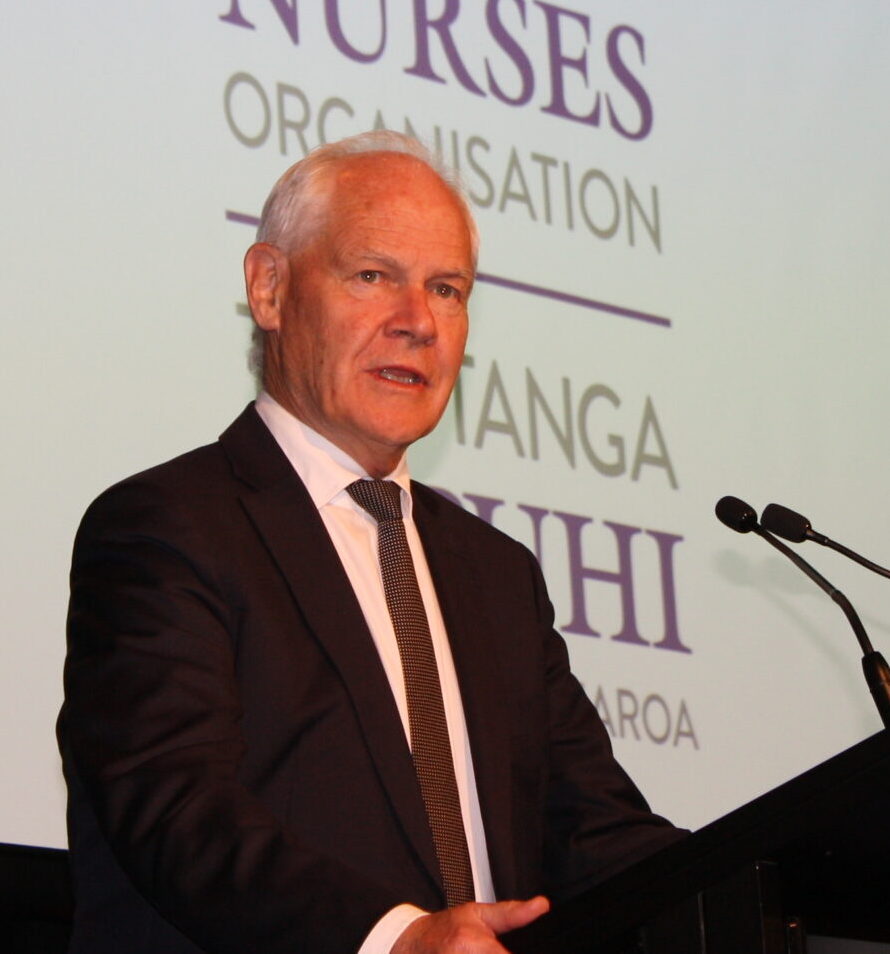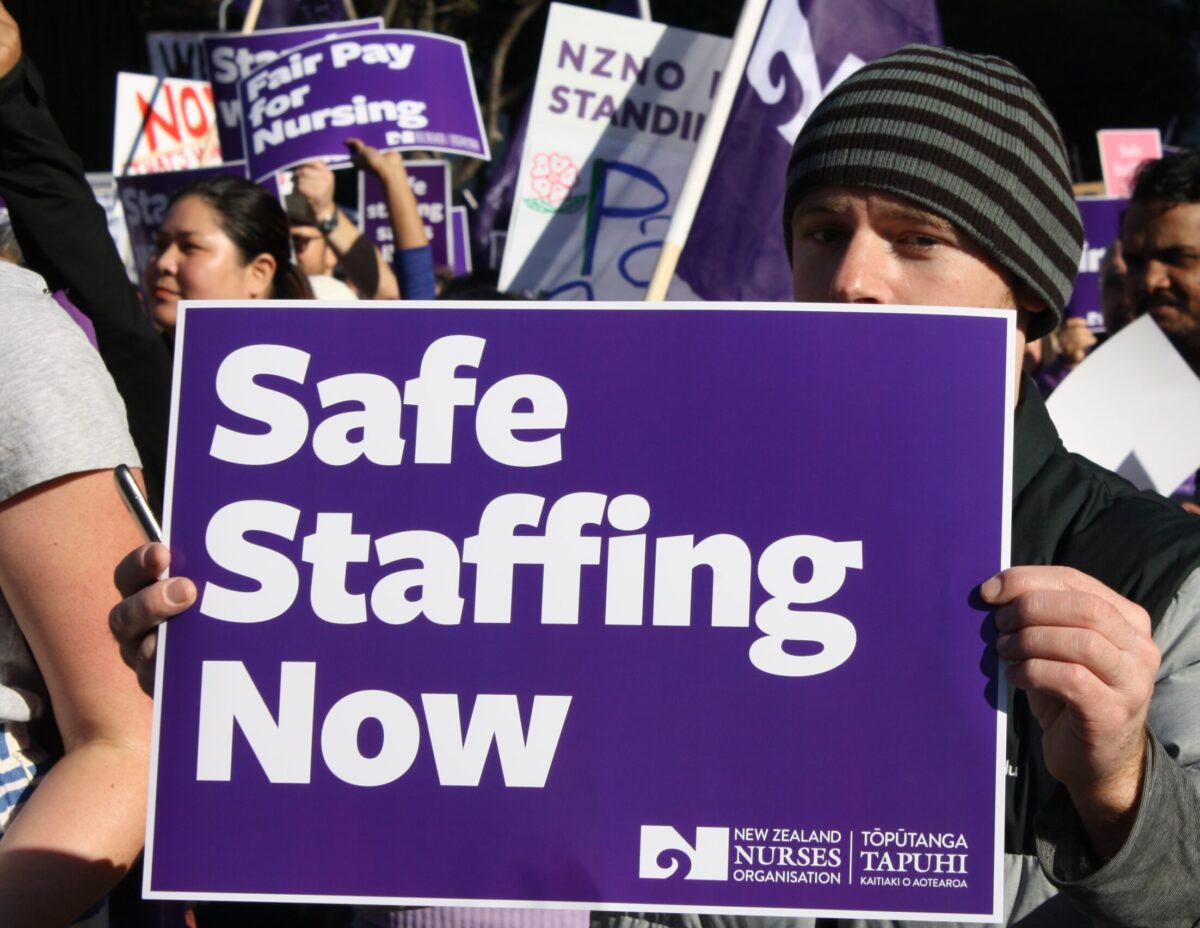The agreement includes:
- A salary increase for all roles covered by the collective of $4000 effective from April 1, 2023.
- An additional flat rate salary increase of $1000 to all designated senior nurses, nurse practitioners and designated senior midwives.
- A further salary increase to all steps of all scales of $2000 or three per cent, whichever is the higher, effective from 1 April 2024.
- A lump sum payment of $750 will be made to all NZNO members bound by this settlement at the date of ratification.
- A further lump sum payment of $500 to all employees.
This week’s proposed strike on August 9/10 has been called off and life-preserving service plans cancelled after today’s result.
A member of the NZNO bargaining team, Nayda Heays, said the team had mixed feelings at the result — hope for the future, but disappointment that issues like safe staffing weren’t “satisfactorily” resolved.
“We’re still very hopeful for future negotiations but there is disappointment,” she told Kaitiaki Nursing New Zealand.

The team was very aware many members continued to work in unsafe conditions — and would keep pushing for safely staffed workplaces for all.
“We have to be as inclusive of everyone under the collective agreement as possible, which has been a focus for every team member. We don’t ever leave a nurse behind, we’re together as one. In the spirit of Maranga Mai!, I think that’s where we’re at.”
Hawke’s Bay delegate Noreen McCallan, also on the bargaining team, said many delegates wanted more gains after so much work. However, members appeared to be taking a “wait and see” approach on promises made by Te Whatu Ora on safer staffing and senior nurses’ pay.
‘Let’s see in a year’s time if we’re still having stories about people leaving work in tears because the environment is so awful and unsafe – that’s when you’ll see if there’s been any difference.’
“Let’s see in a year’s time if we’re still having stories about people leaving work in tears because the environment is so awful and unsafe – that’s when you’ll see if there’s been any difference,” McCallan said.
When negotiations next rolled around in October 2024, she said members would know how serious Te Whatu Ora was on its promises.

“They said [give us] 12 months – let’s see if they really come to the party. The members will have had a year to see if Te Whatu Ora are actually going to treat them with the respect that this proposed terms of settlement suggests they will. And if they don’t, well, it’ll be all gloves-off next time around.”
McCallan said there were definite wins in the collective, such as:
- A new $24 shift coordinator allowance
- Extra money for senior nurses’ professional development
- Staff to patient ratios mentioned “for the first time ever”
- More flexible work options for those nearing retirement
- A professional development pathway for health-care assistants
Nor were there any clawbacks, “so really you have to be positive and say . . . there are some absolute wins in this”, she said. “If you’re not having clawbacks and you’re making small gains, then you’re making progress.”
NZNO chief executive Paul Goulter said there had been good participation in the ballot — which ran for the past seven days — and the “close” outcome was to accept the proposed collective agreement.
However, the tight vote showed many members wanted to keep fighting on key issues like safe staffing and the senior nurses’ pay scale Goulter said the offer was “light” on health and safety at work and staff to patient ratios. “It doesn’t provide a wage rise that meets the cost of living either.”
Work would begin “immediately” to keep pressure on Te Whatu Ora and the Government to show they valued the nursing workforce and were prepared to take action for safer staffing levels, ratios, health and safety and the cost of living.

That work included:
- Developing a new designated senior nurse scale.
- Implementing a new safe staffing clause, which requires managers to work with NZNO on agreed minimum staffing numbers. (Details for both these matters can be found in the terms of settlement.)
- “Going hard” on the nurse we need campaign to gain public and political support to end the nursing shortage crisis.
- Early preparation for next year’s negotiations, with the new agreement due to expire October 2024.
‘In it for nurses’
Minister of Health Ayesha Verrall said nurses’ vote to accept the offer was “further positive news”, following last week’s pay equity deal.
“This Government is in it for nurses, and over six years we have delivered pay equity as well as regular increases to this historically underpaid group of predominantly women workers,” Verrall said in a statement.
“This is further positive news for our nurses and midwives following the nursing pay equity settlement announced on 31 July, and the increase in midwifery pay rates for pay equity announced on 6 July.”
Verrall said the deal meant senior nurses would now earn from $114,025 to $162,802 per annum plus penal rates; registered nurses (RNs) $75,773 to $106,739 and senior midwives (NZNO members) $79,261 to $103,535.
The settlement also included a “further commitment” to safe staffing, she said. The Government was working “at pace” to recruit and train more nurses to fill current nursing shortages — estimated by Te Whatu Ora recently at 4800.
However, Goulter said the minister’s comments failed to make clear that the pay equity settlement was a “one-time correction of an historic wage injustice” — not a result of collective bargaining.
Bargaining fee
NZNO members also voted to introduce a bargaining fee for non-union Te Whatu Ora staff who will benefit from the new collective agreement rates and conditions.
However, those non-union members must now be balloted by Te Whatu Ora — and the combined ballot results would determine whether they pay a fee or not, Goulter said.
Goulter acknowledged the hard work of members, delegates and the bargaining team over the past 10 months representing nearly 35,000 nurses, midwives, HCAs and other kaimahi hauora.




